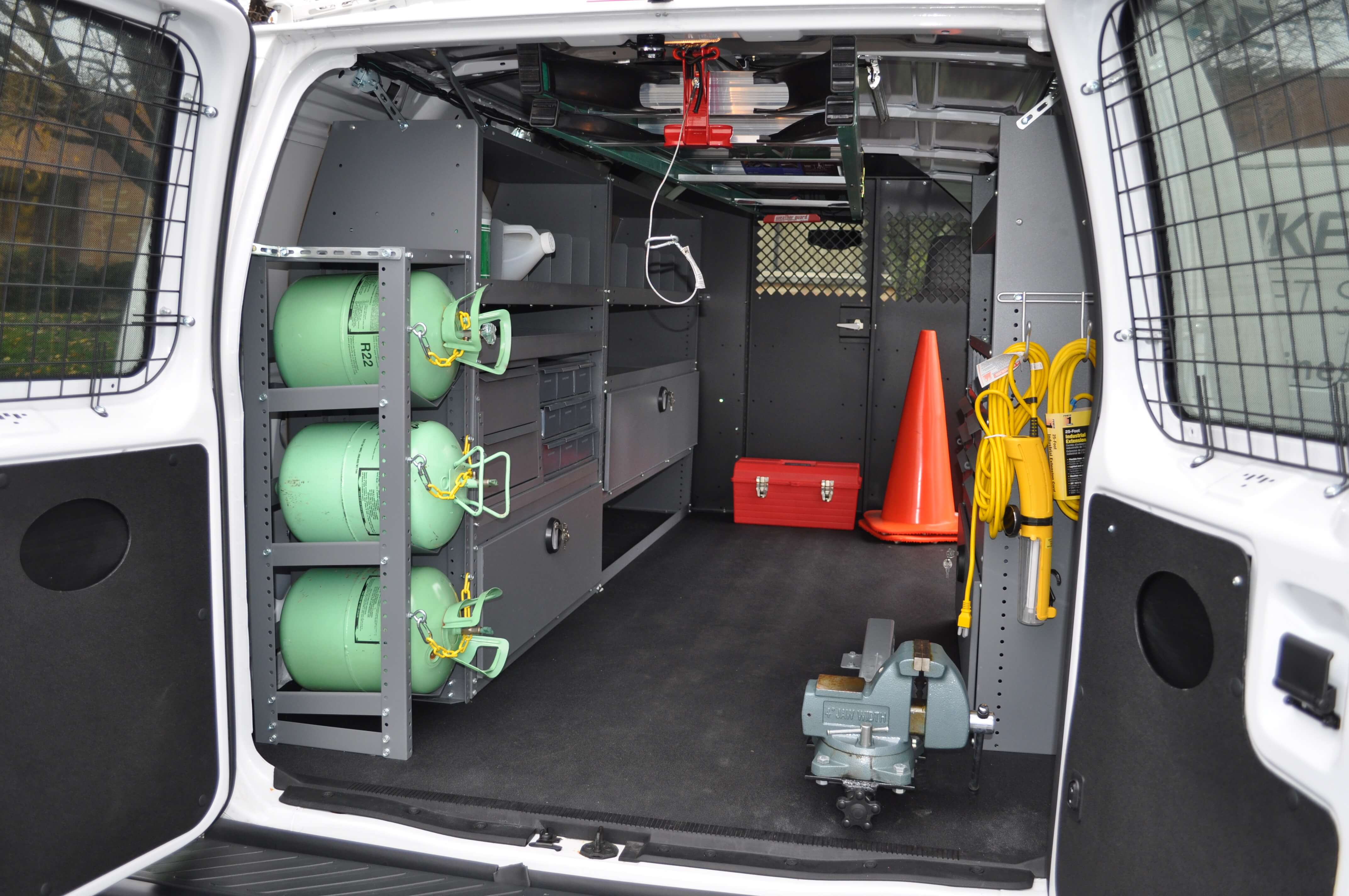Energy-Efficient Heating And Cooling Solutions to Reduce Energy Bills
As power prices continue to increase, the relevance of energy-efficient Heating and cooling systems comes to be progressively noticeable. These systems not only guarantee substantial financial savings on utility bills but also contribute to a more sustainable future by lessening power consumption.
Benefits of Energy-Efficient A/c Systems
Energy-efficient a/c systems supply numerous advantages that expand past plain price savings. One considerable benefit is the decreased ecological effect. By consuming much less energy, these systems add to decrease greenhouse gas discharges, aiding to deal with climate adjustment and promote sustainability. This aligns with increasing social needs for environmentally friendly methods in residential and commercial settings.
In addition, energy-efficient cooling and heating systems usually supply enhanced comfort levels. A number of these systems include innovative technology that permits far better temperature level control and enhanced air top quality (DMAKS HVAC). This causes a much healthier indoor environment, which is specifically important for people with allergic reactions or respiratory problems
Additionally, buying energy-efficient cooling and heating systems can improve residential or commercial property value. As even more customers prioritize energy performance, homes and structures geared up with these systems may attract greater bids in the genuine estate market.
Sorts Of Energy-Efficient HVAC Options
Just how can homeowners and companies pick the most appropriate energy-efficient a/c choices for their demands? The marketplace uses a range of energy-efficient a/c systems, each developed to boost convenience while decreasing energy intake.
One choice is the variable refrigerant flow (VRF) system, which successfully regulates the temperature level in numerous areas within a building. This system adapts its refrigerant circulation to match the desired temperature, causing substantial energy savings.
One more preferred option is geothermal heatpump, which utilize the planet's stable temperature level to heat and awesome rooms. By transferring warmth to and from the ground, these systems demonstrate outstanding efficiency, especially in moderate environments.
Furthermore, ductless mini-split systems supply an energy-efficient choice for homes lacking ductwork. These systems permit zone-specific heating & cooling, decreasing power waste in unoccupied locations.
Finally, high-efficiency heaters and air conditioners, with innovative SEER and AFUE scores, supply trustworthy environment control while eating less energy than typical versions. By evaluating these alternatives, home owners and companies can pick a cooling and heating system customized to their particular needs and power efficiency objectives.
Secret Features to Take Into Consideration

Following, investigate the kind of compressor made use of in the system. DMAKS HVAC. Variable-speed compressors can adjust their result to match the heating or cooling down need, resulting in boosted comfort and energy cost savings compared to single-speed models. In addition, try to find systems geared up with wise thermostats that supply programmable settings and remote accessibility, enabling for much better control over power intake
An additional vital feature is the system's air filtering capacity. High-efficiency filters can boost interior air quality and lower energy usage by making certain the system runs effectively. Think about the type of refrigerant made use of; contemporary systems often use eco-friendly refrigerants that have a reduced ecological influence.
Lastly, make sure that the system works with zoning modern technology, which permits customized temperature level control in various locations of your home, improving comfort while reducing power usage.
Tips for Selecting the Right System


Next, consider energy efficiency rankings, especially the go right here Seasonal Power Efficiency Ratio (SEER) for cooling systems and the Annual Fuel Utilization Efficiency (AFUE) for heater. Higher scores suggest higher performance, which can result in significant financial savings on utility costs in time.
Additionally, examine the kind of cooling and heating system that finest fits your way of life and budget. Choices consist of air conditioning, ductless mini-splits, and heatpump, each with its own set of benefits and drawbacks.
Do not ignore the significance of correct installation and sizing; an improperly sized system can cause ineffectiveness and increased wear. Lastly, seek advice from a professional cooling and heating contractor to acquire skilled suggestions customized to your home's unique needs. This detailed method will guarantee that you choose an energy-efficient a/c system that fulfills your demands and spending plan successfully.
Upkeep for Ideal Efficiency
As soon as the best HVAC system is in area, continuous upkeep ends up being key to ensuring ideal efficiency and durability. A well-maintained system runs better, leading to lower power consumption and reduced energy bills. Routine assessments and tune-ups should be scheduled a minimum of two times a year-- once before the cooling period and once prior to the heating period.

Property owners must likewise be attentive regarding checking their a/c system's performance. Uncommon noises, changing temperature levels, or boosted energy costs can indicate underlying concerns that need immediate interest. By addressing these concerns quickly, homeowners can avoid expensive fixings and prolong the life expectancy of their systems.
Buying an upkeep strategy with a certified technician not only improves efficiency however also provides satisfaction, knowing that the system is running at its ideal. DMAKS HVAC. Routine upkeep is as a result important for sustaining power performance and lowering overall operational prices
Final Thought
In final thought, energy-efficient cooling and heating systems offer a sensible option for minimizing energy costs while enhancing convenience and air quality. By including innovative technologies and options such as geothermal heat pumps and ductless mini-splits, homeowner can attain significant energy financial savings and add to environmental sustainability. Mindful factor to consider of system features and recurring maintenance additionally makes certain ideal efficiency, making energy-efficient systems a sensible investment for both financial and eco-friendly benefits.